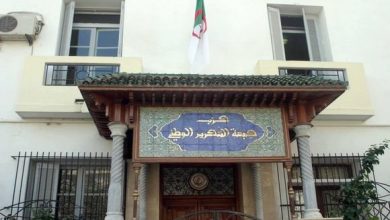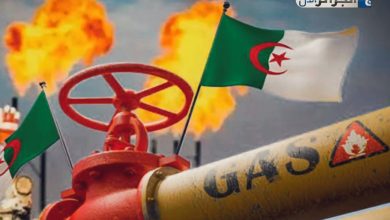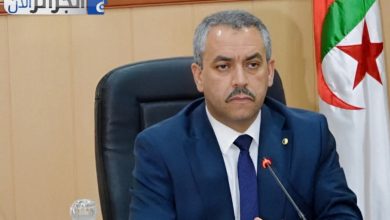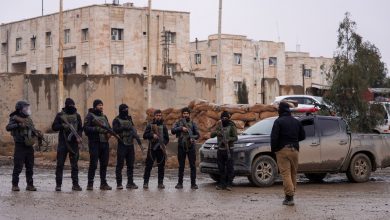DZWatch Exclusive: A staggering 13% of Moroccan parliamentarians are currently facing legal proceedings, throwing the integrity of the nation’s legislative body into serious doubt. As popular discontent simmers in the streets, fueled by demands for improved healthcare, education, and an end to pervasive corruption, this investigation reveals a deeply troubling reality.
Recent protests, sparked by a tragic incident at a hospital in Agadir, have quickly evolved into a broader condemnation of systemic corruption. The timing is particularly damning, coinciding with court rulings against numerous parliamentarians on corruption charges. This confluence of events exposes what many observers see as not isolated incidents of corruption, but a well-entrenched system used as a tool for political control. Critics accuse the Makhzen (the Moroccan establishment) of protecting corrupt officials while simultaneously suppressing dissent.
The numbers are alarming. Over 30 members of the current legislative session (2021-2026) are either facing prosecution or have been convicted of corruption-related offenses. Reports indicate that 27 current members of the House of Representatives are either subject to ongoing legal action, judicial rulings, or investigations. An additional 27 deputies have been stripped of their parliamentary seats by decisions of the Constitutional Court, with 13 of these cases directly linked to judicial convictions. Furthermore, files pertaining to another 24 deputies are expected to reach the Constitutional Court imminently.
In total, over 55 parliamentarians have been implicated in corruption cases during the current term, representing more than 13% of the total members of the House of Representatives. This raises serious questions about the health of Moroccan democracy and the effectiveness of its anti-corruption mechanisms. The investigation suggests a pattern of the establishment shielding corrupt individuals for extended periods, only to sacrifice them when politically expedient, while peaceful protesters are met with harsh repression.




